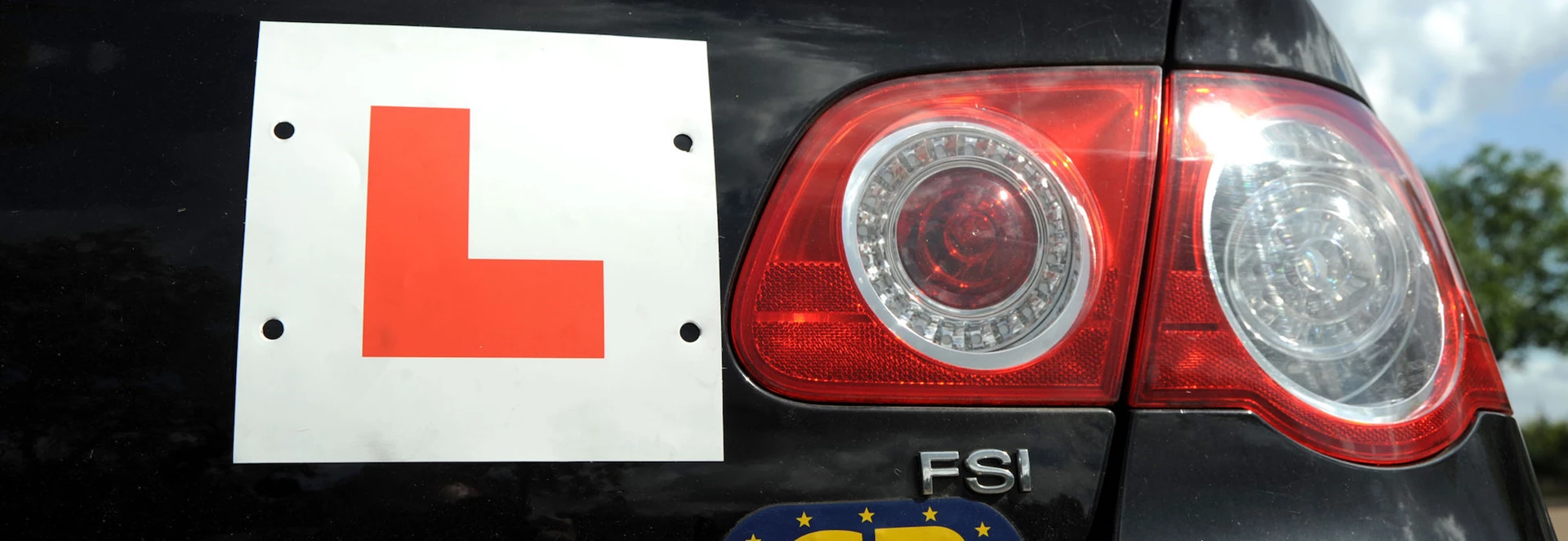December 4 is here and that means the driving test has now been changed, with a number of revisions in the pursuit of safety.
Some aspects of the test have been revised in a bid to improve safe driving amongst young people.
Learner drivers will have some new challenges ahead of them in their quest for the elusive pink licence and we’ve outlined the driving test changes of 2017 below.
Independent driving

Previously during a test, an examinee would be required to drive independently for 10 minutes, following road signs to reach a destination set by the examiner without turn-by-turn instructions.
That portion remains, but it has now been extended to last 20 minutes. In most cases, it will also require learners to follow directions from a TomTom Start 52 sat nav unit rather than road signs — although approximately one in five exams will still require the previous sign-only method.
Reversing manoeuvres

Some of the most talked about changes are alterations to the reversing manoeuvres potentially undertaken during the test.
Gone is “reverse-around-a-corner” and “turn-in-the-road”, replaced with an action requiring an examinee to pull-up on the right-hand side of the road, reverse two-car lengths and then re-join the road.
Parallel and bay parking still remain, despite the new addition.
Show me, tell me
Another new addition to the test is the addition of extra “show me” and “tell me” questions.
“Show me” will require learners to demonstrate a safety-focused task while behind the wheel, such as using the windscreen washers.
“Tell me” will see examiners quiz learners before setting off, again asking safety questions but this time focused on pre-driving checks, such as tyres pressures.
Anything else?
That’s about it, really. The testing criteria remains largely intact — with a pass being awarded if 15 or less minor faults and no majors occur.
Prices are set to stay the same too, with a weekday test costing £62, while evenings, weekends and bank holidays will see a £75 fee.
Transport minister Andrew Jones said:
“Our roads are among the safest in the world. However, road collisions are the biggest killer of young people.
“These changes will help us to reduce the number of people killed or seriously injured on our roads and equip new drivers with the skills they need to use our roads safely.”




